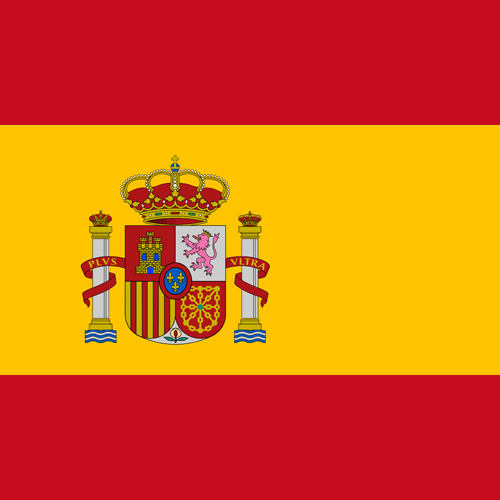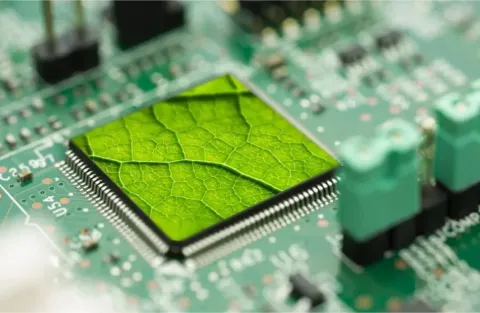Preparation of physical test environment
Politecnico di Milano (POLIMI)
Università degli Studi di Milano (UMIL)
University of Cordoba (UCO)
Universitat de Lleida (UdL)
Location
Italy

Spain

 Arable farming
Arable farming
 Greenhouse
Greenhouse
 Horticulture
Horticulture
 Tree Crops
Tree Crops
 Viticulture
Viticulture
Testing a system in a physical environment requires an environment that has been prepared and set up to support the specific testing activities to be executed. This service supports the customer in the execution of the tests by taking care of such preparation and setup.
The service involves:
- agronomic preparation: e.g., providing the required soil conditions, making sure that a given in-field configuration of specific plants at a given growth stage is available at the time of testing, and so on.
- technical preparation: e.g., setting up infrastructure elements such as RTK GPS base stations, environmental sensors, power and networking, as well as the computational environment required to interface with the system under test to acquire and possibly pre-process experimental data.
If AgrifoodTEF facilities are involved in the experimental activities, the service also includes configuring the testing facility accordingly.
Environment preparation is done according to an environment design provided by the customer. If needed, such a design can be done by AgrifoodTEF for the customer via Service S00106.
Interested customers can get support from AgrifoodTEF for the entire pipeline involved in experimental testing, from the design of its other elements besides the environment (namely, the testing protocol via service S00107 and the evaluation metrics via service S00108) to test execution (service S00113), data collection (service S00113), and evaluation (S00114).
The output of Service S00110 is the environment ready for the execution of the testing campaign at the time requested by the customer.
